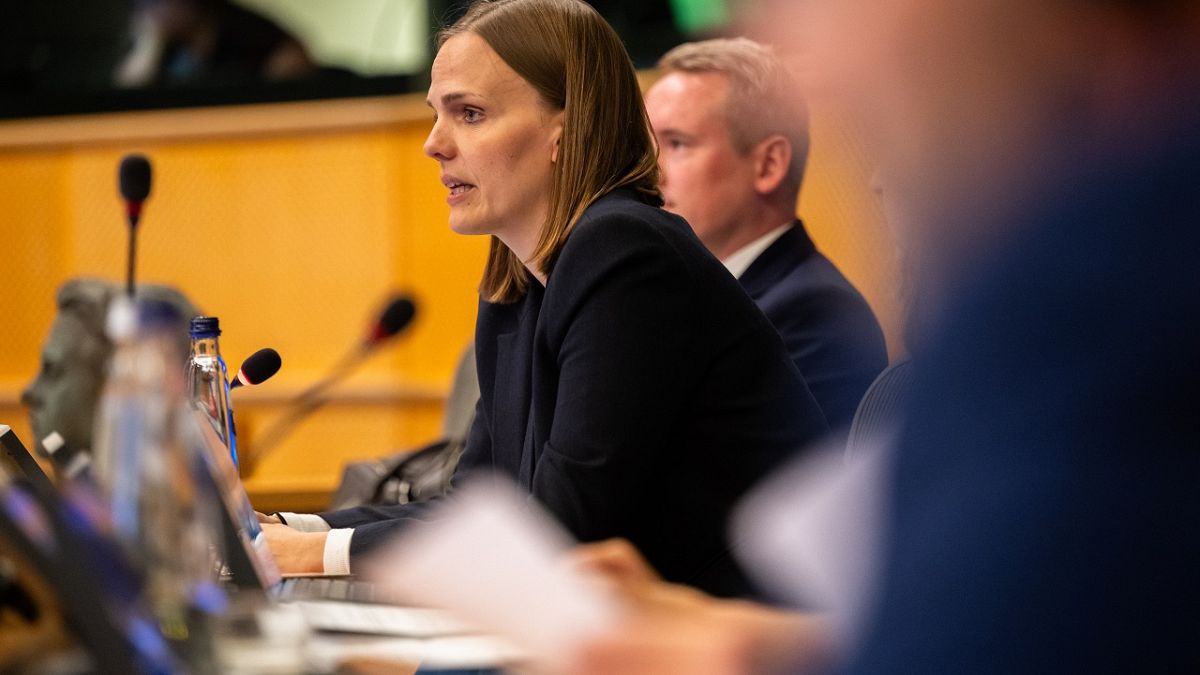

In a calming wave of updates across Europe, a variety of social and legislative initiatives are being set in motion to address pressing issues within the community. From online safety measures targeting vulnerable groups to education reforms and accessibility advancements, these developments reflect a collective effort to create a more inclusive and understanding society.
In Denmark, the focus has shifted towards ensuring the safety of minors within the vast digital landscape. Recent guidance by the European Commission outlines essential strategies for online platforms aimed at protecting young users. Key areas of concern include minimizing exposure to addictive platform designs, cyberbullying, and harmful content. This initiative underscores the importance of creating a digital environment where minors can explore and learn without undue risk, encouraging responsible platform management and ethical digital interaction.
Meanwhile, the conversation in the European Union gravitates towards standardizing regulations regarding sperm and egg donations. As births from sperm donations rise, EU countries are considering the introduction of clear international guidelines to address concerns regarding so-called “super donors.” This move aims to ensure ethical practices, prevent potential complications, and offer clarity and assurance to all parties involved in the donation process, nurturing a more transparent and regulated fertility framework across the region.
In a move towards reconciliation and understanding, France is showing openness to discussing reparations for colonial-era actions in Niger. Although formal responsibility has not been acknowledged, France has expressed willingness to engage in bilateral dialogues with Nigerien authorities. This initiative marks a significant step forward in addressing historical grievances and fostering cultural collaboration, reflecting a wider effort to heal and build respectful international relationships.
On matters of travel accessibility, the UK is advocating for enhanced disability training for all airline and airport staff. Spearheaded by a governmental taskforce led by former Paralympian Tanni Grey-Thompson, the report emphasizes the necessity of mandatory training. The goal is to improve the travel experience for passengers requiring assistance, making flying a more comfortable and consistent experience for disabled individuals. This approach highlights an ongoing commitment to accessibility and respect in public travel services.
With evolving societal norms, education in England is also adjusting to include legal aspects of sex and gender identity within the curriculum. Updated guidance on Relationships, Sex, and Health Education (RSHE) outlines that while these subjects must be addressed, it should be done sensitively. Schools are encouraged to teach the legal context without promoting any particular viewpoint, ensuring the content is age-appropriate. This thoughtful approach aims to equip students with an understanding of legal frameworks while fostering an environment of respect and open-mindedness.
These endeavors across Europe illustrate a mindful progression towards embracing inclusivity, safety, and open-hearted dialogue. By addressing these diverse aspects of everyday life, European countries continue to demonstrate their dedication to fostering a society that values care, respect, and continuous improvement for all its citizens.
Source: {link}
